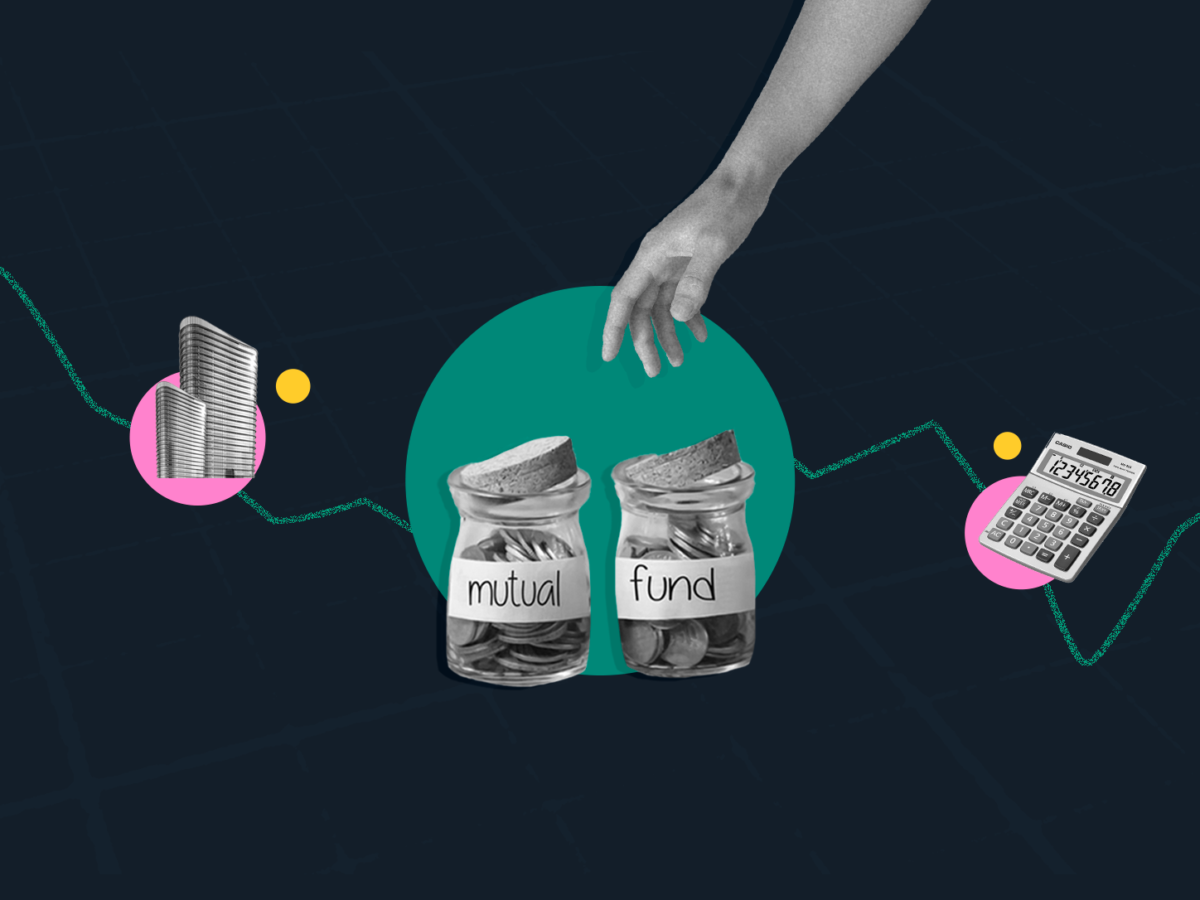Pro traders’ futures trading secrets: Advanced techniques and tips
If you’re an aspiring futures trader or have already started your journey into the fast-paced world of trading, this is the article for you. Trading futures requires skill and knowledge, but with a few simple trade tricks, you can quickly take your portfolio to new heights.
In this article, we will share some tips from experienced traders on managing their futures trades so you can utilise these techniques to build upon your success. We’ll dive deep into advanced tools like automated orders, custom order types, and more basic strategies such as spreads and hedges. Plus, we’ll provide practical advice on maximising your advantages while minimising risks —it all means significant money gains if done right.
Automated orders
Becoming a successful, pro-level futures trader is no easy task; combining technical knowledge, experience and savvy is a complex mix to master. However, with the right trading secrets, you can maximise your chances of reaping the rewards in the volatile futures market. Automated orders are becoming an increasingly popular tool among top traders as they utilise complex algorithms to move in and out of positions quickly and efficiently.
With automated orders on their side, traders have access to real-time order management, which can often be the difference between success and failure in the fast-moving world of futures markets. So, if you’re looking to take your trading performance up a notch, consider incorporating automated orders into your plan – it could mean unlocking hidden opportunities.
Custom order types
When you invest in futures, you’re placing your trust and money into the hands of an unknown market. As such, minimising risk and maximising control over your trades is vital — something that can be achieved with custom order types. Custom orders are tailored around individual preferences and trading strategies, allowing for more precise execution than traditional market orders.
For example, if you have a specific entry or exit point for a trade, then using a custom order type may be the way to go. This technique is beneficial when combined with stop-loss orders, which protect your positions from unexpected market changes while also helping limit losses – two vital elements of successful futures trading.
Hedging and spreading
Hedging and spreading are two advanced techniques pro traders use to mitigate risk. Regarding hedging, the goal is to limit potential losses in one position by taking an opposite or offsetting position in a related market. By doing this, traders can protect their investments from adverse market changes while preserving some of their funds should the primary trade move against them.
Spreading is similar in nature but slightly different in practice. It involves simultaneously buying and selling futures contracts with different expiration dates on the same underlying asset. By entering both positions at once, traders can benefit from slight price differences between the different contracts – again helping to reduce risk and maximise gains even when markets move against them.
Understanding price movements
The key to success in futures trading is understanding the market. Top traders can read and interpret price movements, allowing them to identify lucrative opportunities while minimising their exposure to potential losses.
By tracking historical data, chart analysis and other relevant market information, pro traders can gain valuable insights into where prices are headed – knowledge that can lead to significant returns when acted upon. Additionally, technical indicators such as moving averages or oscillators can help traders better understand how markets work and prepare for future fluctuations.
Diversifying your portfolio
The secret to pro-futures trading is diversification. Don’t put all your eggs in one basket – instead, spread out your investments across various markets and assets to reduce overall risk. For instance, a trader who invests exclusively in commodity futures may be exposed to high volatility levels; however, adding some stocks or ETFs into the mix can reduce their exposure while still enjoying significant gains.
Optimising stop losses
To take your trading game to the next level, master the art of stop-loss optimisation. It involves modifying your initial stop loss order to reflect changes in the market environment and ensure you’re adequately protected against unexpected downside movements. By keeping an eye on price action and adjusting your orders accordingly, you can minimise losses while still enjoying the potential for big returns.
Setting realistic expectations
Remember to set realistic expectations when it comes to futures trading. While there’s undoubtedly money to be made in the markets, success is only guaranteed if your techniques and strategies are advanced. Remember that even the most experienced traders can suffer losses occasionally; don’t get too caught up in the thrill of chasing trades and instead focus on managing risk and staying within your limits.









